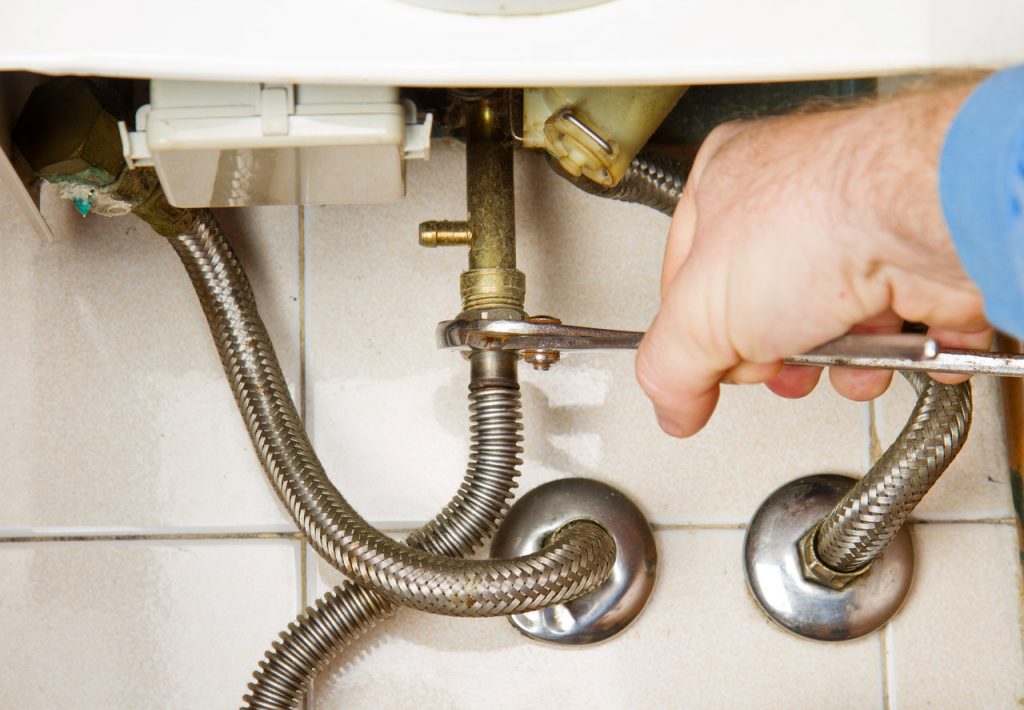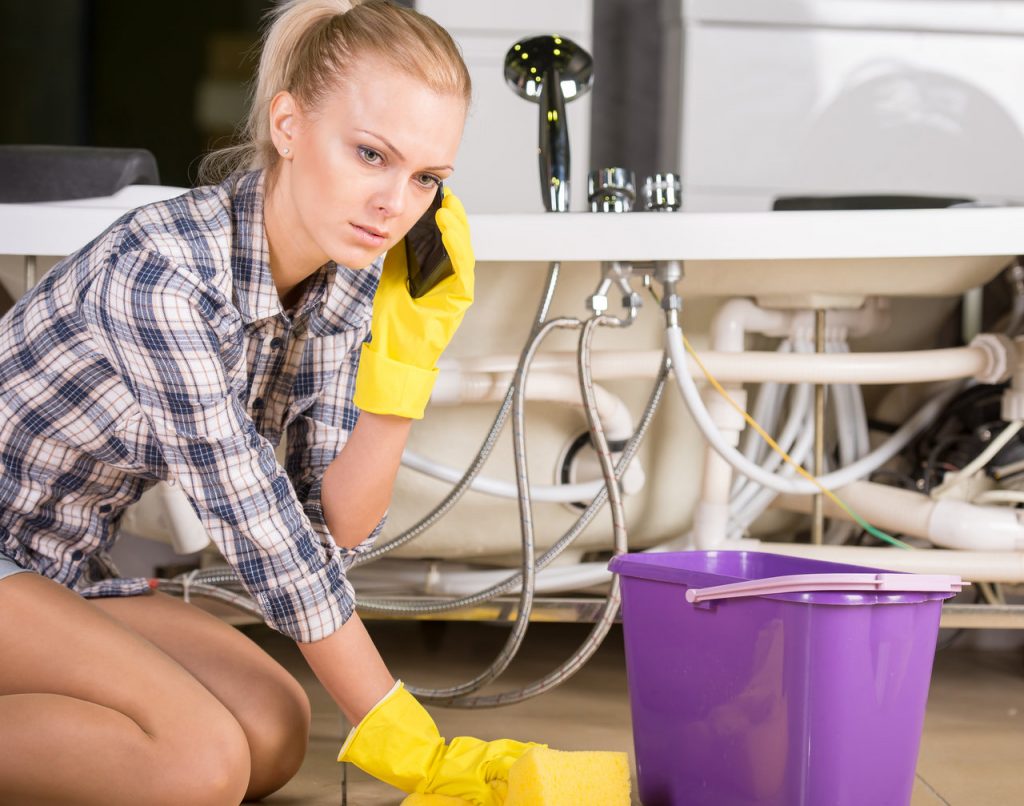Flooding is a problem that we often have to deal with, especially in basements. It generates unnecessary costs, takes time and causes a lot of stress. However, with a few solutions and appropriate prevention, including smart solutions, you can effectively prevent flooding or limit its consequences.
Knowing the most common causes of flood damage in homes can help you prepare for the worst-case scenario. Consider which of these culprits are most likely to cause basement flooding in your home to learn how to respond in an emergency.
Cracks in the foundation, holes in the walls, gaps in window frames: these defects in the perimeter attract water from outside and redirect it inside. If you live in an area where it rains and snows a lot, this could be your biggest problem.

Gutters and downspouts should be able to catch and carry water away from your home. Storms, snowmelt, and any moisture that could collect around the house should be directed away from the foundation.
Sometimes flooding comes from inside the home. Broken or faulty sump pumps, water tanks, or pipes can lead to a damp basement and spending a lot of money to repair water damage. These indoor hazards should be checked regularly.

Many manufacturers provide smart water sensors that you can count on to keep your basement dry with moisture detection and instant notifications. All you have to do is place the sensors throughout your basement and then let them work.
Place them next to your water heater, toilets, sinks or basement windows. Then, if an unsafe amount of water builds up, the sensors will recognize it immediately, and the system will notify you via the app. This way, you can quickly address the situation and fix the problem before things get out of control, saving you time and money.
Gutter maintenance is essential to preventing flooding in your home. Clean your gutters regularly to remove accumulated leaves and debris so water can flow freely.
If your gutters become clogged, it can cause water to pour down the sides onto your home, greatly increasing the risk of basement flooding.
Drain pipes should be positioned so that they drain at least one meter away from the foundation of your home. If this isn’t possible with your current drain pipes, buy some extensions to quickly and easily prevent standing water from pooling around your home and entering your basement.
One reliable way to prevent basement flooding is to prevent water from entering your basement through your foundation or windows. Immediately inspect your home’s foundation for cracks and repair defects or call a professional to help you.
Make sure your windows are also properly sealed to prevent leaks. You may even want to install quality window guards as an additional means of reliable moisture protection.
Sewage pumps are good flood prevention systems, but only if they work properly. The devices remove water from places it shouldn’t be (such as the basement) and store it in a drain pan. This keeps minor floods from causing too much damage.
If you have a sump pump in your basement, make sure you know how to use it, when to turn it on, and how to make sure it’s working properly.
Unfortunately, even with these prevention tips, some accidents cannot be prevented. If you live in an area that is prone to frequent flooding, consider flood insurance for your home. With flood insurance, you can rest easy knowing that if disaster strikes, you are covered.